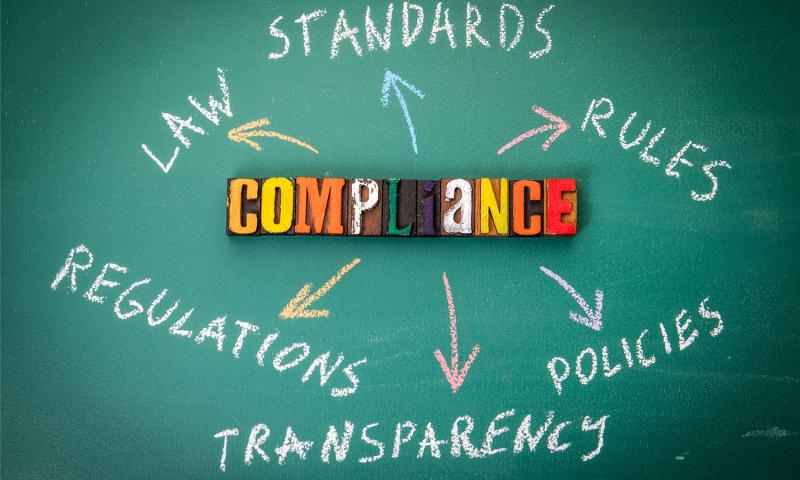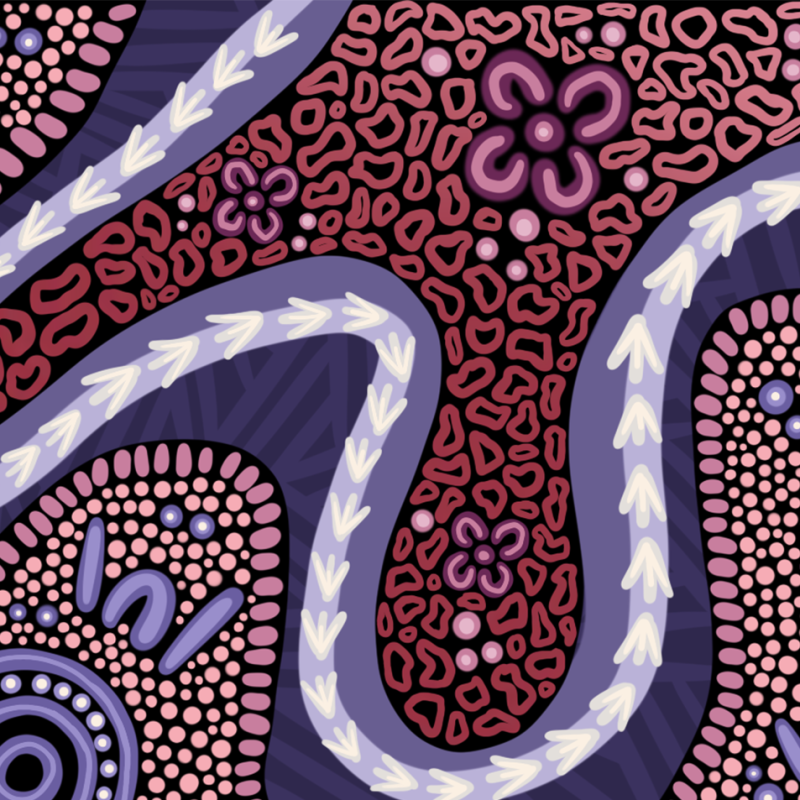Resources
Explore resources from a range of sources across the aged care sector - including government, research, academic and practice-based materials - curated by ARIIA to support evidence-informed practice and innovation.
Showing

Evaluation of the Aboriginal Community Controlled Health sector’s COVID-19 initiatives
The NACCHO-commissioned evaluation examines how the Aboriginal Community Controlled Health sector’s COVID-19 initiatives were implemented, their effectiveness and impacts, and what the sector’s pandemic response reveals for future community-led public health planning and policy.

Artificial intelligence for healthcare in Australian Indigenous communities
This CSIRO-led scoping report explores how artificial intelligence can be responsibly and meaningfully applied in Aboriginal and Torres Strait Islander healthcare, centring Indigenous voices, cultural safety, and data sovereignty to inform future policy and practice.

Aboriginal and Torres Strait Islander health workers and practitioners and Aboriginal Community Controlled Health services award 2020
This webpage from the Fair Work Ombudsman details The Aboriginal and Torres Strait Islander Health Workers and Practitioners and Aboriginal Community Controlled Health Services Award 2020 which sets the minimum pay, work conditions and classifications for employees and employers in Aboriginal community controlled health services and for Aboriginal and Torres Strait Islander health workers across Australia.

Aboriginal and Torres Strait Islander health check – Older people +50 years
The RACGP health check template for older people is designed to comprehensively assess physical, mental, social and preventive health needs, support patient-centred goals, and guide evidence-based care planning across key clinical areas. It emphasises risk identification, preventive screening and follow-up planning delivered by a regular healthcare provider to improve health outcomes and wellbeing.

Comprehensive care standard
The Comprehensive Care Standard aims to ensure that patients receive comprehensive health care that meets their individual needs, and considers the impact of their health issues on their life and wellbeing.

LiveUp First Nations resources
This webpage by LiveUp provides various resources designed to support culturally appropriate assistive technology, independence, and wellbeing for Elders, older people, and their families.

Cultural safety in aged care
This video by SAHMRI details how to implement cultural safety in aged care settings.

Co-designing Australia’s National Aboriginal and Torres Strait Islander Health Plan 2021–2031: a realist evaluation
This Open Access article by Fono et al. examines how policymakers and First Nations peoples co-designed the National Aboriginal and Torres Strait Islander Health Plan.

Aboriginal and Torres Strait Islander perspectives on what works in social and emotional wellbeing programs
This report from the Australian Institute of Family Studies summarises the evidence on Aboriginal and Torres Strait Islander people’s experiences of a range of diverse programs that address social and emotional wellbeing.

A personal reflection on what good allies can do in the face of racism
This article by DR SJ Springer is a personal reflection on how to be a good ally in the face of racism in health services.